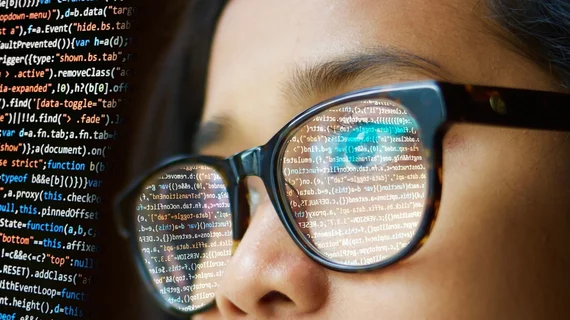New consortium seeks the ‘sweet spot of AI’ in the fight against COVID
Fresh off an investment infusion of $25 million, the New York-based tech startup Owkin has launched an ambitious virtual consortium to seek “breakthrough medical discoveries and actionable findings” for the global battle against COVID-19.
In a May 13 interview with Unite.AI, Owkin exec Sanjay Budhdeo, MD, speaks to what sorts of AI-aided insights should be expected from the online gathering of minds, which the company has named COAI (for COVID-19 Open AI Consortium).
“For me, the sweet spot of AI is really in helping to derive conclusions at the level of the individual from population-level data,” Budheo says. “We can think about which patients might benefit from which therapies to combat COVID-19 infection or help to predict which areas might become local hotspots for COVID-19 infection.”
He adds that there’s much going on in the “discovery space”—from which curative drugs and effective vaccines should emerge.
“AI can really help us deliver novel biological insights much more quickly,” Budheo points out.
Read the whole thing:

